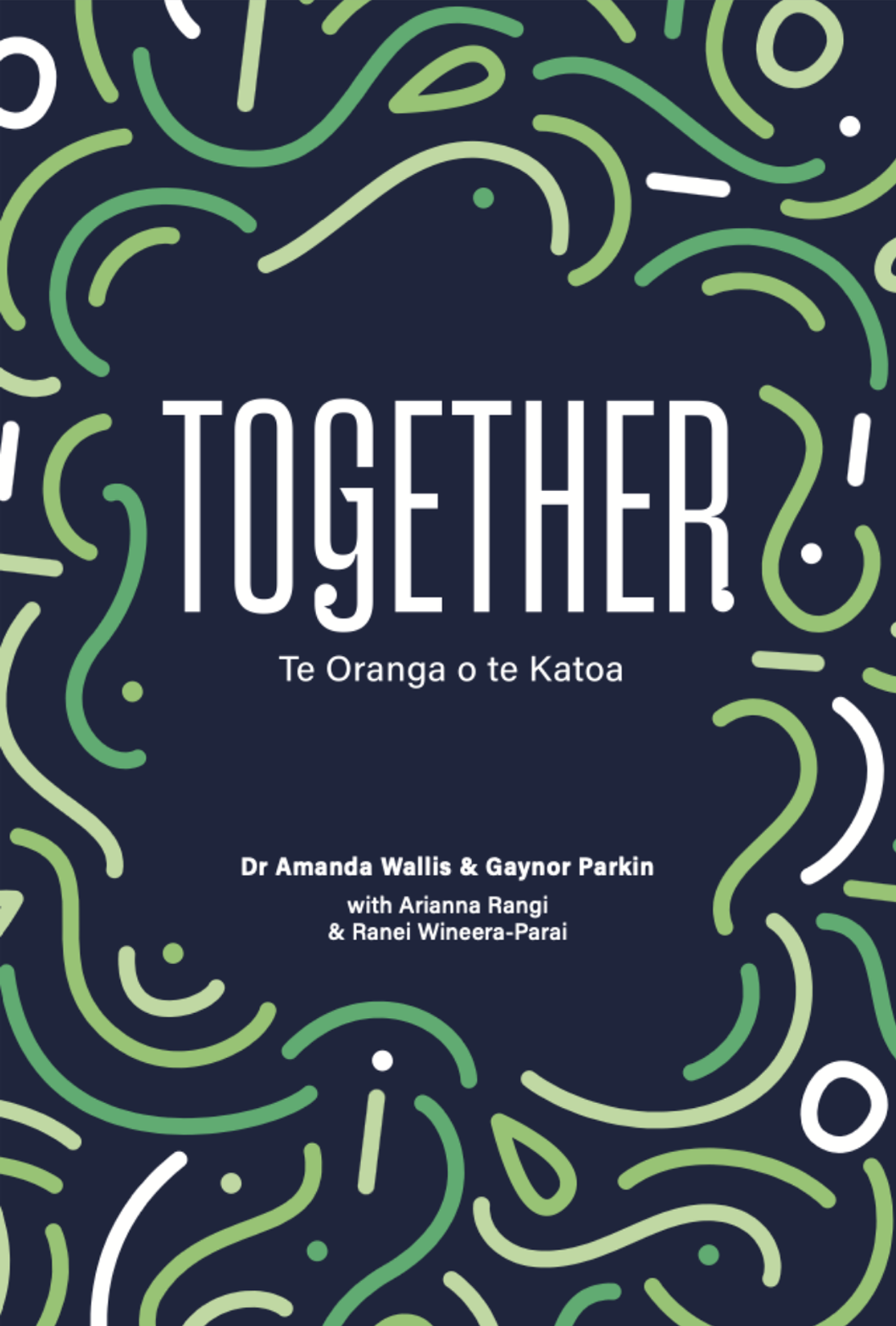Mental Health Awareness Week (23-29 September 2024) is all about the community we create together. Join us at one of our free webinars as we explore how to create thriving communities during uncertainty and at work. Register below.
MENTAL HEALTH AWARENESS WEEK AT UMBRELLA
Community is… thriving together through uncertainty
Monday 23 September, 12:00-12:30pm
For several years now, many people have had a tough time of it. Pandemic disruptions, economic strain, and extreme weather events are just a few of the challenges Kiwis have faced. But sometimes building a better relationship with ourselves can help prepare us to better weather the storms that come our way.
Join us for a short, practical lunchtime session with clinical psychologist Dr Barbara Rysenbry, where we will kōrero on:
- The power of understanding our core values to know ourselves better
- How to use our core values to connect better with one other and build community
- How to align with our core values for better time/priority fit in life.
After a short presentation, you will walk away with an action plan to help you thrive through uncertainty. Sign up for free using the link below.
If you’re interested in booking a session like this for your team this Mental Health Awareness Week, we offer psychologist-led 60-minute, 90-minute, half-day, and full-day sessions on strengthening resilience.
Get in touch to find out more.
Community is… building thriving work teams
Wednesday 25 September, 12:00-12:30pm
This year has brought no shortage of difficulty for businesses, with many organisations working through restructures, redundancies and reshuffles. Change is difficult and can eat away at team culture and cohesion.
If you’ve found yourself struggling to connect with your team members, or you lead a team that isn’t quite clicking, we invite you to come along to this short practical lunchtime session with clinical psychologist Dr Dougal Sutherland. Here’s what we’ll be covering:
- The science behind working to your strengths
- How to embrace differences (and difficult personalities!) by spotting strengths in others
- How to develop your strengths-spotting muscle.
After a brief presentation, you will walk away with an action plan to help you lead or contribute to a thriving team at work. Sign up for free using the link below.
If you’re interested in booking a session like this for your team this Mental Health Awareness Week, we offer psychologist-led 60-minute, 90-minute and half-day sessions on building high performing teams, navigating change, and maintaining psychological wellbeing during change.
It’s not too late to book in a session for your team during Mental Health Awareness Week. We offer psychologist-led sessions ranging in length from 60 minutes to full days on all sorts of mental health and wellbeing topics – change, team resilience, psychological safety, challenging conversations – and more!
Buy our book
This book provides a fresh bi-cultural approach to New Zealanders’ wellbeing. Learn new bite-sized strategies for building community in our chapters on te taha whānau.

MENTAL HEALTH RESOURCES FROM UMBRELLA
Given that it is clear that being connected to other people, having support and spending time with people we care about is so very important, how come I see so many men (in particular) in my practice who struggle with some parts of being connected? To shine a light on this, let me talk briefly about some other research.
.Do you think of your colleagues as your friends? Do you update them on your personal life? Or do you prefer to keep work relationships and your personal life as psychologically distanced as possible?
.The latest science investigating the best way to improve long-term health is out, and it is good news – good relationships are the key driver for both our physical and mental wellbeing over our lifetimes. The data has come from the Harvard Study of Adult Development, the longest scientific study of happiness to date. In a new book, the lead psychiatrist Robert Waldinger describes his conviction that the “formula” for both health and happiness hinges on positive relationships.
.Here are some of our top tips for leading dispersed and mixed model teams (that’s where some team members are online and the rest are in the room) to ensure you foster high engagement, great results and personal connections, regardless of location.
.Regardless of “who”, the line-up people choose is almost always diverse. We want people at our dinner party who offer different perspectives to our own, who can tell stories about who they are and where they’ve been. We want people who can share the spotlight, ask good questions, and have been through something we haven’t been through ourselves.
.When it comes to predicting the breakdown of a romantic relationship, leading relationships researcher John Gottman proposed that there are “four horsemen of communication” that signal things are turning sour. While the name taps into apocalyptic imagery, the “end of times” they represent isn’t inevitable. Gottman suggests that these conversational habits, when spotted early, can be reversed.
.Last time we talked about how your phone could interfere with connecting with people. This time I thought it would be good to talk about how our phones can help us combat loneliness and isolation. We hear a lot about the negative health impacts of loneliness, and yet this series of studies suggests that most of us are reluctant to reach out to old friends – even though that’s one of the fastest ways to boost our social connections.
.Want to get more involved in Mental Health Awareness Week?
Visit the Mental Health Foundation.

We work with clients throughout New Zealand, and our team are based in Auckland, Wellington and Tauranga.
PO Box 23 004, Wellington
P: 0800 643 000
E: [email protected]



